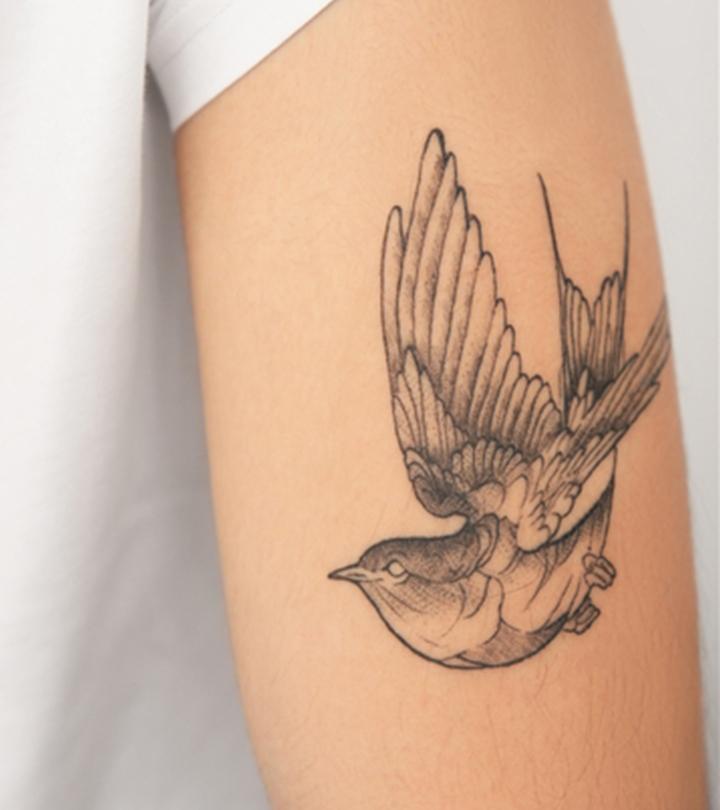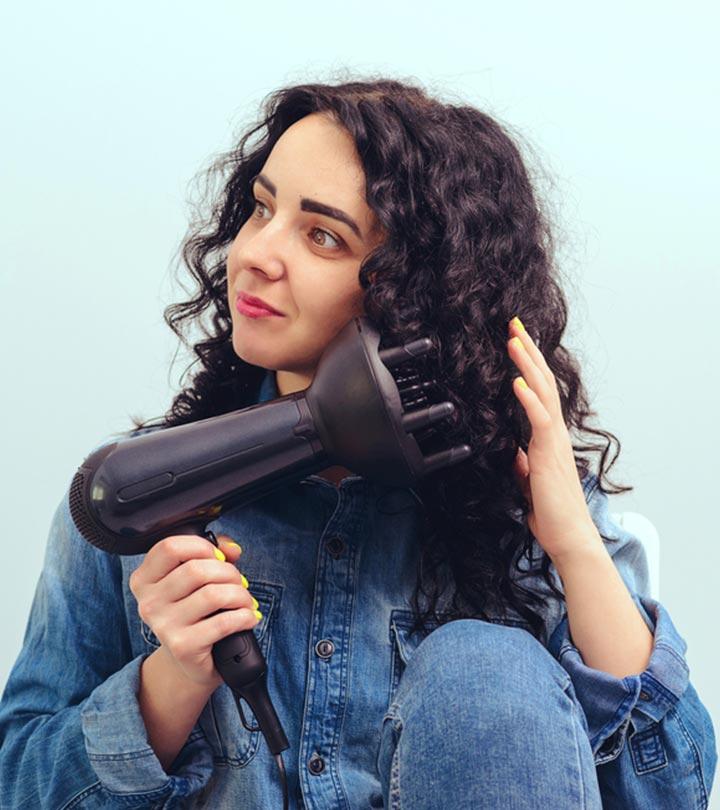Do You Leak Urine When You Laugh, Sneeze Or Exercise? This Is What It’s All About

Image: istock
You are making an office presentation, and you sneeze (you know it always comes unannounced!). If that wasn’t awkward enough, the worst is yet to come! To your utter dismay, you can feel an accidental release of urine. Yeeks! If you are one of those who can relate to what I just said and find yourself peeing in yours pants whenever you laugh, cough or sneeze…you MUST read this article for here lies the answers to your problem of incontinence.
Urinary incontinence is a very common problem faced by many people where one feels a sudden urge to pee but can’t hold it till he/she reaches the toilet. This may not result in any significant health issues, but it does put you in embarrassing situations. This sure is a case of an overactive bladder (1).
Not everyone faces this on a daily basis but suffer from thisbecause ofa persistent cough or perhaps an after effect of a urinary tract infection (UTI), constipation or even side effects of a particular medicine. But then, there are people who face this on a continuing basis.
So, what exactly is this and why does this happen?
You can have an overactive bladder due to the following reasons:
- The nerves that restrain urination or the urinary tract are damaged.
- Muscles in the lower urinary tract have turned weak.
Primarily, there are two kinds of incontinence:
- You may have a sudden urge to take a leak even though the bladder is holding a small volume of urine. A few women may even feel the need to pee when they touch water. This is called urge incontinence (2).
- This is a very common bladder control problem faced by most women wherein urine leaks because of activities such as laughing and sneezing that cause the body to put pressure on the bladder. Thus it is called stress incontinence (3).
What causes stress incontinence?
Generally, women become victims of this condition after pregnancy and childbirth, which weaken the muscles around the bladder of the pelvic floor. These muscles actually support the bladder so as to avoid a urine leak even when there’s enormous pressure on this muscular organ. Hormonal changes post menopause too can weaken these muscles. But if you thought only pregnancy or childbirth causes pelvic floor disorder, read this – even though childbirth may speed up the weakening of your pelvic floor, even a woman who hasn’t had a baby or a man who has undergone prostate surgery can face this problem.
Are you a victim of urinary incontinence? Watch out for these symptoms:
- You leak a small volume of urine whenever you exercise, laugh or sneeze.
- You frequently feel the need to use the washroom. The urge to urinate often is often so uncontrollable that you may even soak your panties or see your urine run down your legs.
If you have any of these symptoms, it’s time to consult your physician, because a full-blown incontinence is not to be taken lightly.
Diagnosis
We have often heard people say ‘Never hide anything from your doctor or your lawyer.’ And it is for a good reason, I suppose. When you visit your doctor do tell her/him all the details so she/he can make a case study for appropriate diagnosis. After an initial simple examination, your doc may ask for a couple of more tests to see how serious your bladder problem is.
What increases your risk of developing urinary incontinence?
Any woman with the following physical conditions is more likely to develop urinary incontinence
- Abnormalities of the urinary tract.
- A chronic cough caused by bronchitis or chain smoking and multiple childbirths contribute to this problem.
- Bladder blockage.
- Continual infections of the bladder.
- Vaginal delivery.
- Stones in the bladder.
- Old age.
How to treat urinary incontinence?
The treatment for this problem is case specific as it depends on the kind of incontinence you suffer from. It may include bladder training, exercises, medicines or a combination of all these. A few women may even be advised a surgery that involves a procedure called vaginal sling that helps control urinary incontinence caused by stress. The vaginal sling helps close the urethra (a tube that carries urine from bladder to outside) and bladder neck.
Can lifestyle changes control incontinence?
The answer is a big YES. Here are a few things you could do to tackle the situation (4).
- Avoid or minimize intake of caffeinated beverages like tea and coffee. Also, cut down on fizzy drinks while also keeping a check on your alcohol consumption.
- Fiber-rich foods can help fight constipation.
- Kick the butt, stop smoking.
- Weight gain too can cause incontinence. Always maintain a healthy body weight.
- Most importantly, exercise. Doing Kegels can help (5).
How can Kegel exercises help?
These can prevent urinary incontinence by strengthening the pelvic muscles and ligaments. It is recommended that you do at least three sets of Kegel exercises.
Here’s a video showing you how Kegel exercises are to be performed
So, there you go – the what, why, and how of urinary incontinence answered. Should you have any of these symptoms, it sure is a cause for concern and calls for immediate attention. Please do not go by what’s written on the internet. This is a serious issue that needs to be addressed by a certified medical practitioner.
Hope this article was insightful and gave you an understanding of the problem. Feel free to write back and let us know how this article helped you. For those who are already fighting this condition, let us know how you dealt with the problem.
















